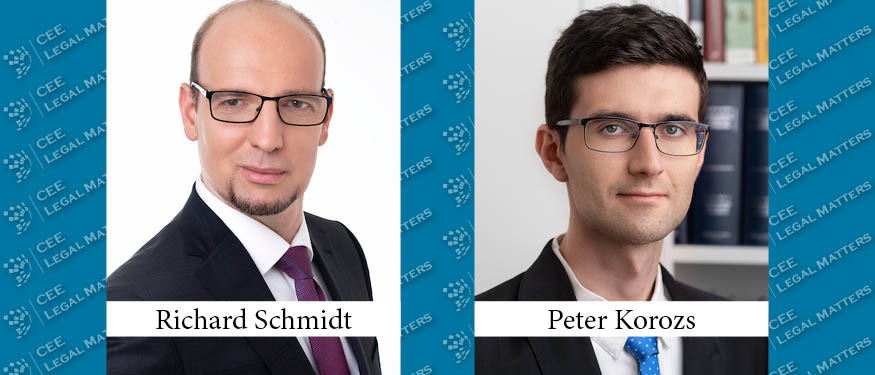In Hungarian civil and commercial litigations, the second instance court reviews the case in camera, yet either party has the right to request an oral hearing in the appeal procedure. Is the second instance court bound by such a request? Is the failure to hold an oral hearing considered as a serious breach, based on which new procedure shall be conducted? We answer these questions by analysing recent decision of the Hungarian Supreme Court in this article.
Facts
The customer (“Plaintiff”) and the trader (“Defendant”) concluded a fixed-price, full-supply electricity sales contract (“Contract”). for the year 2019. The Defendant was entitled to a price adjustment corresponding to the exchange rate changes under its general terms (“General Terms”).
Later the Defendant unilaterally amended its General Terms allowing him to modify the price based on the change in the average market price. The Plaintiff disputed that the new provisions have become part of the Contract without preliminary notification by Defendant.
First and second instance decisions
The first instance court found the claim unfounded and dismissed the action. Acting on appeal of both parties, the second instance court (“Appeal Court”) altered the first instance judgment and ordered the Defendant to pay the full claim of the Claimant.
According to the second instance judgment, the new provision of the General Terms allowing the unilateral amendment of the price was a “surprise clause”, and therefore it did not become part of the contract.
The Appeal Court highlighted that under the Civil Code, surprise clauses may only become part of the contract subject to prior notification given by their user (i.e. the Defendant), to the counterparty, which was missing in the case at hand.
Judgment of the Hungarian Supreme Court
The Defendant filed a request for review against the final judgement in which he claimed that the Second Instance Court had violated the procedural rules of the Hungarian Civil Procedure Code (“CPC”), as it had given its judgment without holding a hearing, despite his proper request.
The Supreme Court found that the Appeal Court decision violated the provisions of the CPC regarding oral hearings in the appeals procedure.
Under the CPC, the Appeal Court had to warn the party opposing the appellant that he could request a hearing. If it does, which was the situation in this case, the Appeal Court is obliged to hold a hearing.
The Supreme Court referred to the Section 14(1) of the International Covenant on Civil and Political Rights according to which in a suit at law, everyone shall be entitled to a fair and public hearing. Moreover, the Article XXVIII of the Hungarian Fundamental Law also guarantees the right to a fair trial as a constitutional guarantee of the judicial process. Lastly, the Civil Procedure Code also contains a reference to the fair trial.
The right to a fair trial includes all the conditions of the right to a court, i.e., the right to a public hearing, as confirmed by the previous practice of the Hungarian Constitutional Court in its decisions.
Since, according to the legislation, the court may not refuse to grant a request for a hearing, as the Covid19 provisions have not allowed that, the existence or absence of the party request is decisive in determining whether the right to a fair hearing has been violated.
Based on the above, as the Defendant’s request for holding a hearing was appropriate, the Defendant’s right to a fair hearing has been violated by the Appeal Court, and it ordered the Second Instance Court to retrial the proceedings and adopt a new decision.
Comment
By the above decision, the Hungarian Supreme Court reaffirmed the case-law developed earlier and followed the principle of Hungarian Constitutional Court according to which, if the parties have requested a hearing, the court cannot decide the case without a hearing.
This decision is also in line with the case law of the European Court of Human Rights (“ECtHR”), according to which the lack of public hearing may give rise to a breach of the European Convention of Human Rights if it cannot be sufficiently remedied at a later stage in the proceedings due the limited scope of the latter procedure.
This is the situation when the court can review only the questions of law, such as the judicial review procedure of the Hungarian Supreme Court.
Based on the above, by insisting on the “absolute nature” of the right to be heard in the second instance procedure, the Hungarian Supreme Court issued a judgment which is in conformity with its earlier decision and with the case law of the ECtHR.
By Richard Schmidt, Partner, and Peter Korozs, Junior Associate, SmartLegal Schmidt & Partners





















